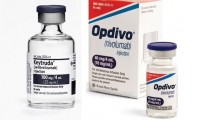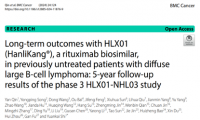-
Building a Digital Stockpiling Strategy One Shelf At A Time
- Source: drugdu
- 428
- January 30, 2024
-
Biosimilar Insulins Promise Patients New Choices, But Competition Is Still Lacking
- Source: drugdu
- 399
- January 30, 2024
-
Citing Severe Health Risks, FDA Issues Warning Against Using Tianeptine Products
- Source: drugdu
- 355
- January 30, 2024
-
NHS urges more young people to take up HPV vaccine
- Source: drugdu
- 267
- January 30, 2024
-
Merck’s Keytruda extends life for kidney cancer patients after surgery, while Bristol’s Opdivo fails again
- Source: drugdu
- 274
- January 30, 2024
-
J&J, Merck CEOs dodge subpoenas by agreeing to testify at Senate committee’s pricing hearing
- Source: drugdu
- 326
- January 30, 2024
-
Drug shortages challenge type 2 diabetes patients in the UK
- Source: drugdu
- 339
- January 30, 2024
-
New Tests to Help Predict Disease Progression in Ulcerative Colitis
- Source: drugdu
- 362
- January 27, 2024
your submission has already been received.
OK
Subscribe
Please enter a valid Email address!
Submit
The most relevant industry news & insight will be sent to you every two weeks.













